Description
Isophane Insulin Human injection, also known as NPH insulin, is an intermediate-acting insulin that provides prolonged blood glucose control. It is formulated with protamine and zinc, which slows absorption and creates a delayed onset and sustained release. Its effects typically last 12 to 24 hours, making it suitable for basal insulin replacement therapy in patients with type 1 or type 2 diabetes.
Primary Uses
-
Management of type 1 and type 2 diabetes
-
Improves long-term blood sugar control
-
Used as basal insulin replacement for steady glucose management
-
Prevents hyperglycemia and diabetic complications
-
Suitable for patients requiring prolonged insulin effect
Indications
-
Type 1 diabetes mellitus
-
Type 2 diabetes mellitus requiring basal insulin support
-
Patients with variable meal patterns who need flexible dosing
How to Use
-
Administer subcutaneously as prescribed.
-
Clean injection site with an alcohol swab before use.
-
Insert needle at a 90° angle into fatty tissue (abdomen, thigh, upper arm).
-
Do not inject intramuscularly unless instructed.
-
Rotate injection sites to avoid lipodystrophy (skin thickening).
-
Do not shake vigorously; gently roll the vial between hands.
Dosage
-
Dose varies depending on blood glucose monitoring, diet, and physician’s prescription.
-
Typically administered once or twice daily.
-
Never adjust dosage on your own; always follow medical advice.
Side Effects
Common side effects include:
-
Hypoglycemia (sweating, shakiness, confusion)
-
Injection site reactions (redness, pain, swelling)
-
Weight gain
-
Edema (ankle or leg swelling)
-
Anxiety, nervousness
-
Rarely: blurred vision, skin thickening
Seek emergency medical help for severe hypoglycemia or allergic reactions.
Warnings & Precautions
Pregnancy & Lactation
-
Safe to use under medical supervision in pregnancy and breastfeeding.
General Precautions
-
Not for use in hypoglycemia or diabetic ketoacidosis.
-
Monitor blood sugar regularly.
-
Adjust dose during illness, stress, or surgery.
-
Avoid alcohol as it may cause unpredictable blood sugar swings.
-
Use with caution in elderly patients and those with liver, kidney, or heart disease.
Contraindications
-
Hypoglycemia (do not inject if blood sugar <80 mg/dL).
-
Allergy to insulin or any formulation component.
-
Severe liver/kidney impairment without medical supervision.
-
Recent severe cardiac event.
Drug Interactions
-
Increased hypoglycemia risk with: MAOIs, beta-blockers, ACE inhibitors, alcohol.
-
Reduced insulin effect with: corticosteroids, thyroid hormones, diuretics, oral contraceptives.
-
Protease inhibitors, antipsychotics, and some antibiotics may alter insulin requirements.
Food Interactions
-
Maintain consistent carbohydrate intake.
-
Avoid alcohol (risk of hypo/hyperglycemia).
-
Prefer complex carbs over simple sugars to avoid spikes.
-
High-fat meals may delay absorption.
-
Avoid grapefruit juice (may affect metabolism).
Storage & Disposal
-
Store unopened vials/cartridges at 2°C–8°C (refrigerated).
-
Once opened, store at room temperature for up to 28 days.
-
Protect from direct light and heat.
-
Do not freeze.
-
Dispose of used syringes/needles in a sharps container.
Quick Tips
-
Check blood sugar before injecting.
-
Always use a new sterile needle.
-
Learn proper injection technique to avoid skin damage.
-
Carry a source of fast-acting sugar (like glucose tablets) in case of hypoglycemia.
-
Inform your doctor if you experience frequent low sugars or irregular glucose patterns.
Doctor’s Review
NPH insulin (Isophane Insulin Human) remains a cornerstone in diabetes management due to its steady and predictable action. While newer basal insulins are available, NPH is cost-effective and reliable when used correctly. Patients must be well-trained in injection technique and hypoglycemia recognition. Regular monitoring of blood sugar and proper lifestyle modifications significantly improve outcomes.
Disclaimer
This information is for educational purposes only and does not replace professional medical advice. Always use Isophane Insulin Human injection under the supervision of a qualified healthcare provider.

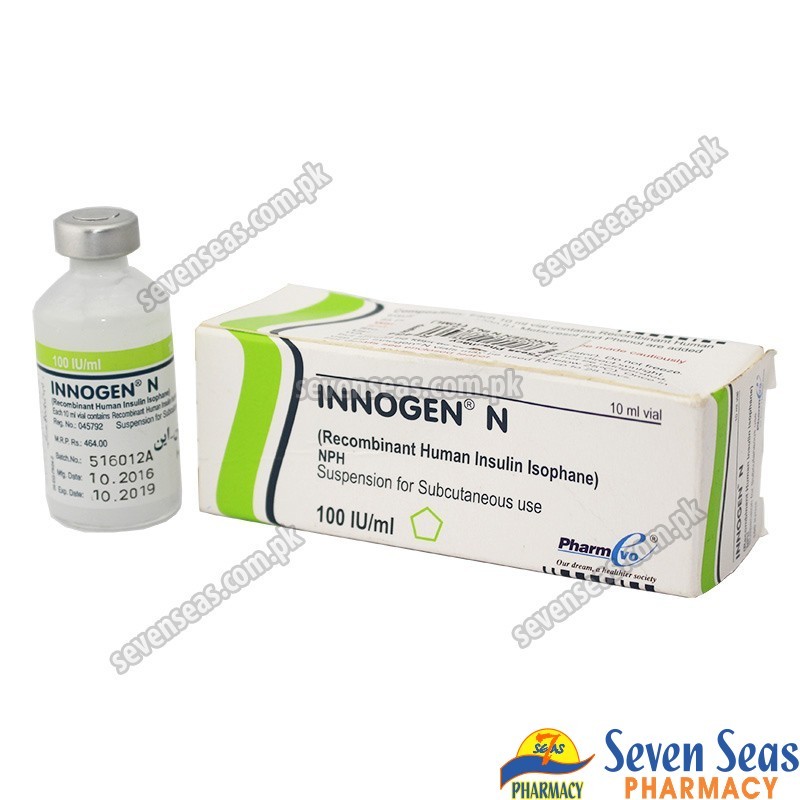

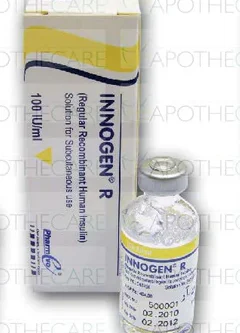
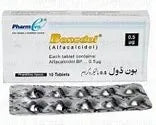
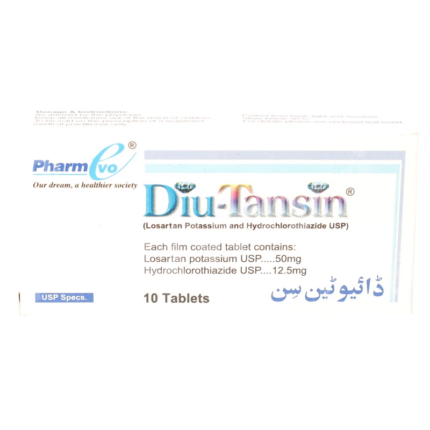
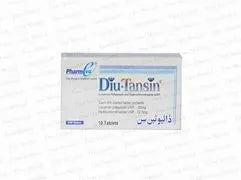
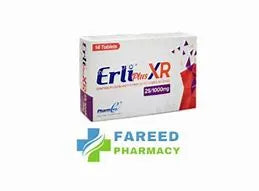
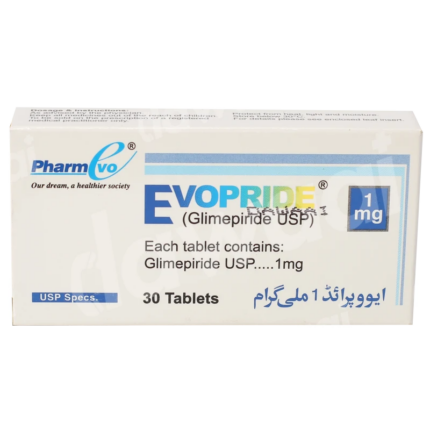
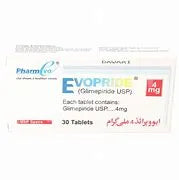
Reviews
There are no reviews yet.